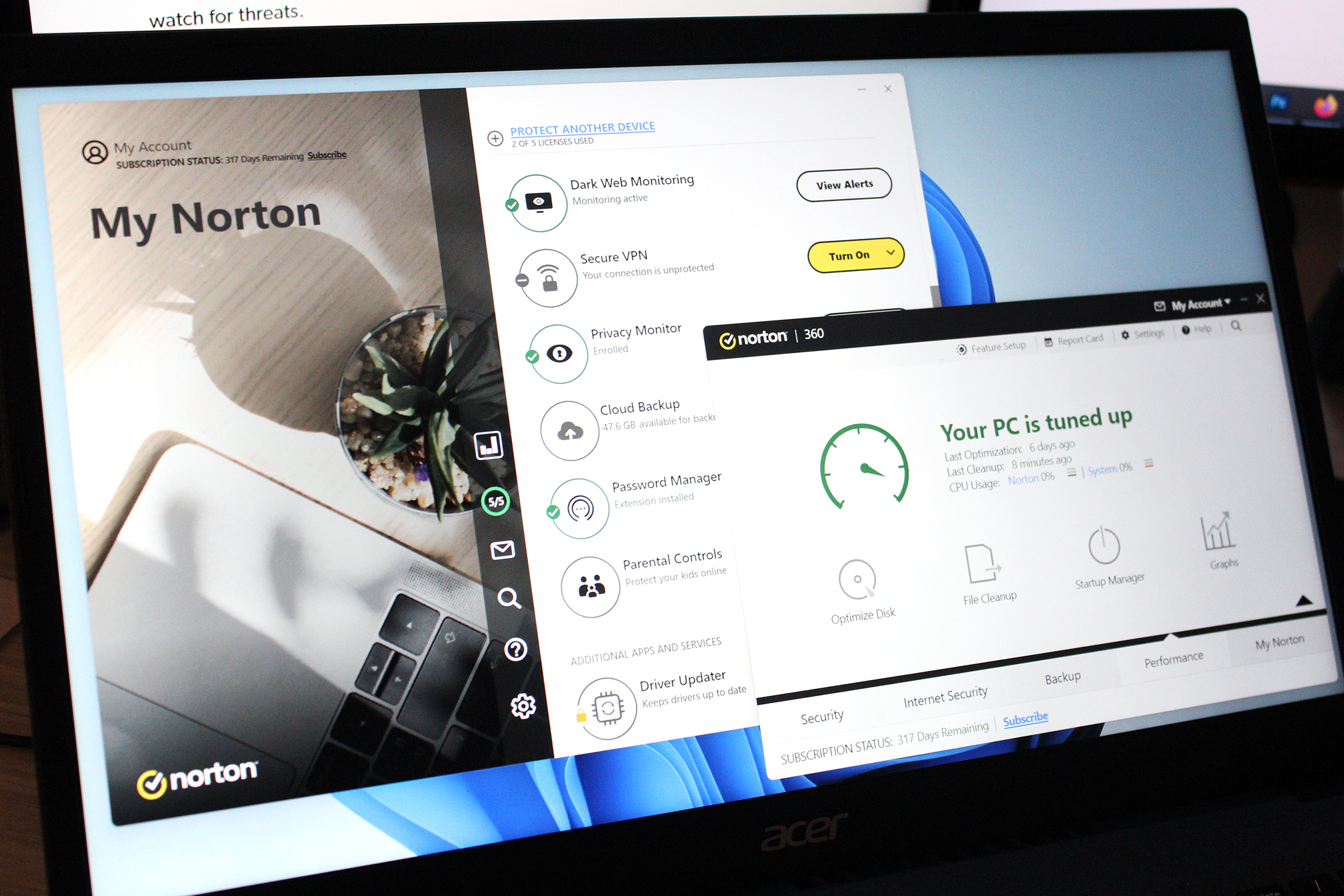Data breaches are everywhere—you still need to pay attention to them

 Image: Andrea Piacquadio / Pexels
Image: Andrea Piacquadio / PexelsAvoiding data breaches is all but impossible these days. You can’t control a company’s data security policies—you can only filter what information you share with them and mitigate the potential fallout. But don’t assume that once your personal info is on the dark web, it’s over and done. Unfortunately, we all still need to stay informed about the latest data breaches and leaks.
Why? They keep you from falling for opportunistic scams.
Further reading: Best password managers 2024: Protect your online accounts
Let’s say you were affected by one of the latest breaches—perhaps as one of the potentially 500,000 Ticketmaster users or unknown number of Tile owners. But you don’t pay attention to the news, so when you get an email saying your credit card transaction failed for your ticket purchase (or a recall is in effect for your Tile device with serial number ending in XXXX), you click the link.
What happens next could be one of a few bad outcomes. Perhaps you get subjected to drive-by malware. Or maybe you end up sharing or indirectly revealing more personal details an attacker needed to commit identity theft.
If you paid attention to the latest security reports, however, you might be more suspicious of messages related to Ticketmaster, Tile, or any other recent data leak. You’d be more likely to avoid clicking directly on links and you’d lean on your good security practices like accessing an official website directly. Scams rely on people reacting first and then thinking about the situation later on (if at all). If you’re already aware that someone could try to exploit your trust, you’ll be more careful about giving it.
OUr TOP Antivirus Pick
Norton 360 Deluxe
 Read our review
Read our review
Of course, a lot of us are busy and don’t have time to keep up with security news. You can lean on services to keep you appraised—in addition to regularly browsing technology websites (hello), you can subscribe to Have I Been Pwned as well as lean on any subscriptions you have (like a good paid antivirus suite, Microsoft 365, or Google One) that offer dark web monitoring. If you end up relying on a service, I’ve found it helpful to use more than one since the notifications don’t always cover the same breaches.
And yes, having to be so vigilant is a little depressing. Almost hard to remember that once upon a time, during the early days of the Internet, people would openly share their personal details with full trust in others’ goodness.
Author: Alaina Yee, Senior Editor, PCWorld

A 14-year veteran of technology and video games journalism, Alaina Yee covers a variety of topics for PCWorld. Since joining the team in 2016, she’s written about CPUs, Windows, PC building, Chrome, Raspberry Pi, and much more—while also serving as PCWorld’s resident bargain hunter (#slickdeals). Currently her focus is on security, helping people understand how best to protect themselves online. Her work has previously appeared in PC Gamer, IGN, Maximum PC, and Official Xbox Magazine.
Recent stories by Alaina Yee:
Why are tech companies so willfully bad at privacy?Best antivirus software 2024: Keep your PC safe from malware, spyware, and moreStill use Kaspersky antivirus? The US is banning it, so prepare to switch







